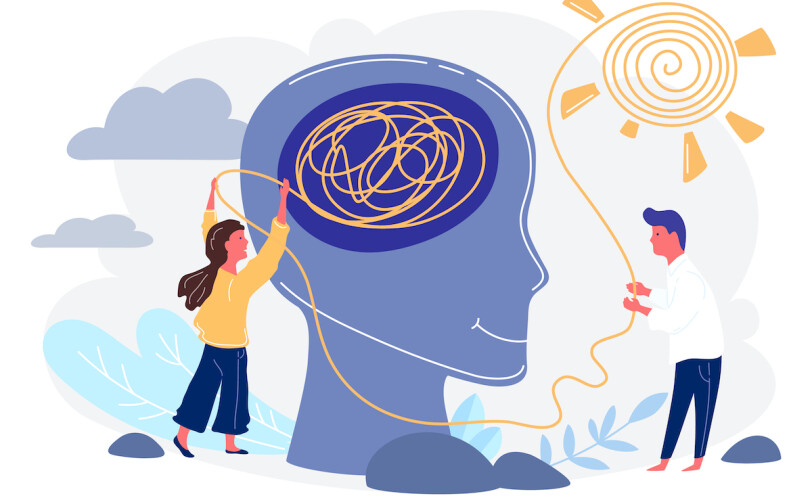Music has long been recognized for its therapeutic potential, offering solace and comfort to individuals across various walks of life. In recent years, it has gained increasing attention as a promising adjunctive therapy for managing Attention Deficit Hyperactivity Disorder (ADHD). ADHD is a neurodevelopmental disorder characterized by symptoms such as inattention, impulsivity and hyperactivity, often impairing an individual’s ability to function effectively in daily life. While traditional treatments like medication and behavioral therapy have proven effective, they may not be suitable for everyone. This is where sound therapy, a subset of music therapy, comes into play. Sound therapy leverages the power of sound, rhythm and melody to promote relaxation, concentration and emotional regulation. Individuals with ADHD often struggle with sensory processing and emotional regulation and sound therapy provides a non-invasive and enjoyable way to address these challenges. The rhythmic and melodic elements of music can engage the brain’s reward and pleasure centers, offering a unique and enjoyable experience for those with ADHD.

One of the key benefits of sound therapy is its ability to modulate brainwave activity. Research has shown that individuals with ADHD often exhibit abnormal brainwave patterns, particularly in the frequency ranges associated with attention and focus. Sound therapy can help synchronize these brainwave patterns, promoting better focus and attention. For example, the use of binaural beats, which involve playing slightly different frequencies in each ear, can entrain the brain to a desired state. This technique has shown promise in helping individuals with ADHD improve their concentration and reduce distractibility. Moreover, music offers a multisensory experience that engages various cognitive functions simultaneously. It activates auditory, visual and kinesthetic pathways, stimulating the brain in a holistic manner. This multisensory stimulation can be particularly beneficial for individuals with ADHD, as it can help them harness their cognitive resources more effectively. Music also has the power to evoke emotions and memories, making it a valuable tool for managing the emotional dysregulation often associated with adult adhd in women. Calming music can help reduce anxiety and agitation, while uplifting melodies can improve mood and motivation.
Sound therapy can be tailored to suit individual needs and preferences. Some people may benefit from listening to classical music to enhance focus, while others may find relaxation in ambient or nature sounds. The versatility of sound therapy allows it to be integrated into daily routines, whether it is as a background soundtrack during work or a calming ritual before bedtime. In conclusion, sound therapy holds promise as a complementary approach to managing ADHD symptoms. While it is not a standalone treatment, it can enhance the effectiveness of existing interventions and provide a holistic means of addressing the challenges posed by ADHD. By harnessing the therapeutic potential of music, individuals with ADHD can find relief from their symptoms and enhance their overall well-being. As research in this field continues to grow, sound therapy may become an increasingly valuable tool in the comprehensive treatment of ADHD.